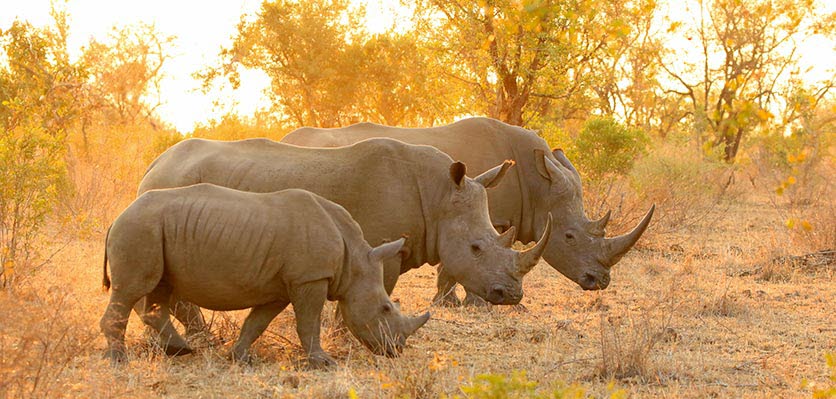
A mini-symposium on Animal Welfare in Africa aimed to raise awareness of animal welfare concerns that were mostly unique to Africa but also had many lessons for those concerned with animal welfare in Australia.
Dr. Peter Thornber, Commonwealth Veterinary Association (CVA) President, gave the keynote speech, which included a description of the social issues facing livestock keepers in Africa, and emphasised the close connection between human and animal welfare. He also outlined the growing donkey trade to produce the gelatine aphrodisiac product, Ejiao, for the Chinese medicine market. He noted that some 14 countries in Africa have now banned the export of donkey skins and live donkeys because of animal welfare issues and the social impact of losing working donkeys, particularly for village women.
Finally, Peter described the development of an Animal Welfare Strategy (AWSA),1 modeled on Australia‘s Animal Welfare Strategy that was in place from 2010 to 2014.2
The strategy stresses that animal welfare is becoming an increasing concern in Africa. It follows a ‘One Welfare’ approach, stressing the benefits of animal welfare to the continent: “adoption of good animal welfare practices for the human well-being, sustainable livelihoods, poverty reduction and economic growth”. The vision of the AWSA is “an Africa where animals are treated as sentient beings, as a leading continent in the implementation of good animal welfare practices for a competitive and sustainable animal resource industry”.
Participants in the Symposium also heard presentations on the animal welfare challenges in Kenya and the range of welfare impacts of rhino horn farming, when compared with the usual poaching of the horn. The study looked at welfare impacts on rhinos, from animals kept on farms with horns removed versus the damage and subsequent death of poached wild rhinos.
Dr. Amira Goma from the Alexandria University, Egypt, presented a fascinating talk on the welfare of laboratory animals in Africa. Dr. Ann Wilson, a lecturer from the University of South Africa, talked about the pros and cons of farming lions and other wildlife species. These farmed animals are regarded as having no conservation value because they cannot be released into the wild. However, their use in providing lion cubs for ‘petting’ and the opportunity to walk with young lions raises awareness and attracts donations, while at the same time raising some concerns about the welfare and ethics of the practice.3 She contrasted how many African countries burn ivory recovered from poachers to send a message to the trade, but South Africa sells it to raise money for anti-poaching armies and other conservation initiatives.
Organised by the Centre for Animal Welfare and Ethics of the University of Queensland Veterinary School, the event was supported by the University Federation of Animal Welfare and the School of Veterinary Science, University of Alexandria, Egypt.
Editor’s note
In September, we reported on the issue of donkey poaching, and on the Golden Jubilee of the Kenyan Veterinary Association joint meeting with the Commonwealth Veterinary Association. This included a half-day workshop on working equids, which was funded by the Donkey Sanctuary, and not the Brooke, as was stated, although they were prominent participants in the workshop.4 The two organisations work closely together, and both have veterinary teams in multiple countries, including Egypt, Ethiopia, Kenya, India, Mexico, the Caribbean and South America.
References
- Cox J. Animal Welfare Strategy for Africa Endorsed. http://worldanimal. net/world-animal-net-blog/item/448-animal-welfare-strategy-for-africa- endorsed. Accessed November 2017.
- Department of Agriculture and Water Resources. Australian Animal Welfare Strategy (AAWS) and National Implementation Plan 2010–14. http://www.agriculture.gov.au/animal/welfare/aaws/australian-animal-welfare-strategy-aaws-and-national-implementation-plan-2010-14. Accessed November 2017.
- Barkham P. Canned hunting: the lions bred for slaughter. The Guardian, 2013. https://www.theguardian.com/environment/2013/jun/03/canned-hunting-lions-bred-slaughter. Accessed November 2017.
- Jackson A. Donkey poaching: a growing global threat. Aust Vet J 2017;95(9):N16.
This article appeared in the December 2017 issue of the Australian Veterinary Journal
Drs Amira Goma and Peter Thornber

